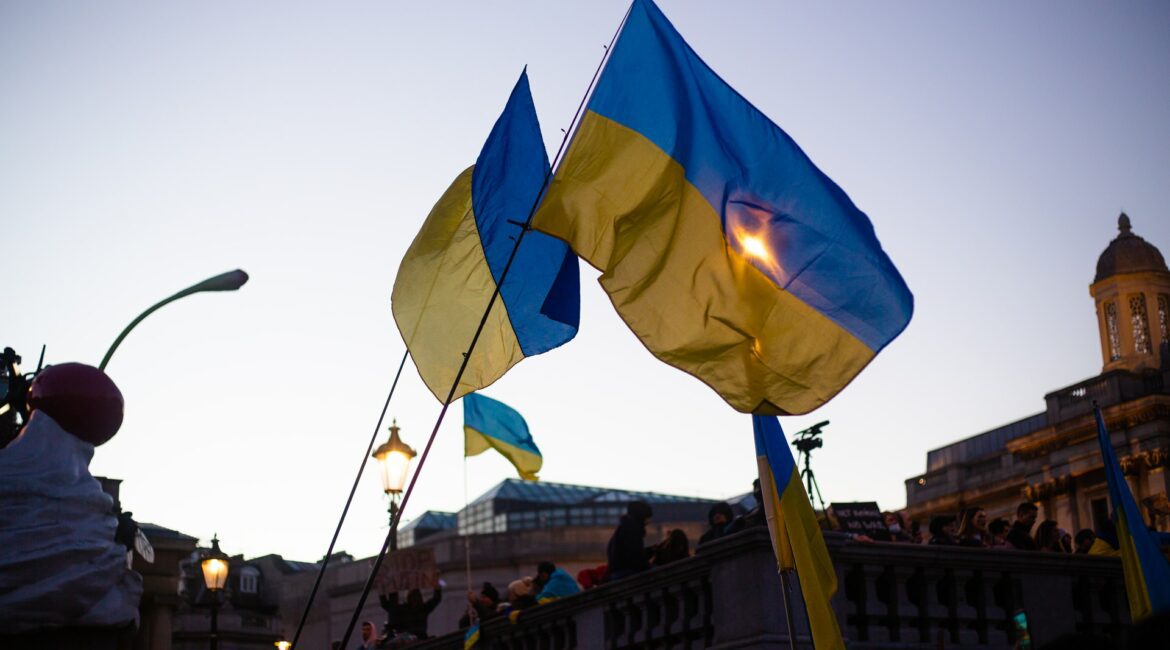At a time when all eyes are on Ukraine, mediators are working to prevent a difficult political deadlock from escalating into a new war in Libya, where Russia plays a leading role.
Already undermined by divisions between competing institutions in the East and West, Libya has found itself since early March with two rival governments, as it was between 2014 and 2021, then in the midst of a civil war after the overthrow of the regime of Muammar Gaddafi in 2011.
A government shaped by the former interior minister, Fathi Bachagha, approved by the parliament sitting in the East, is in effect in competition with the cabinet in place in Tripoli, resulted from the political agreements sponsored by the UN and directed by Abdelhamid Dbeibah, who refuses to cede power except to an elected executive.
However, Bachagha formed his government after forging an alliance with the strongman of eastern Libya, Khalifa Haftar, Moscow's main ally in Libya, where he is supported militarily by mercenaries from the private company Wagner linked to the Kremlin.
On March 10, armed groups favorable to Bachagha had taken up position at the gates of Tripoli to support him against the executive in place, raising fears of a resumption of hostilities and the collapse of a ceasefire which holds year after year since October 2020.
The UN Secretary-General's envoy to Libya, Stephanie Williams, and the US Ambassador, Richard Norland, had to deploy intense diplomatic activity to extinguish the fuse after the mobilization of pro-Bachagha armed groups, and have since been striving to promote a negotiated way out of the crisis.
Last week, the main powers on the Security Council showed great caution with regard to this political crisis, without taking sides. Only Russia openly supported the new executive refuted by Tripoli
Recently, analysts stated that the international community and in particular the United States do not wish to see a resumption of the conflict in Libya, in particular in the current context of the Russian-Ukrainian war.
If emissaries and diplomats refrain at this stage from openly discussing the possibility of seeing Russia blowing the embers by pushing Haftar's camp to install Bachagha's government by force in Tripoli, some analysts believe that Moscow could play its influence to disrupt oil production in Libya – 1.2 million barrels per day – and keep the market under pressure.
Groups loyal to the Haftar camp threatened last week to close the oil terminals in the east of the country, at a time when the industrialized countries are pushing the members of OPEC, including Libya, to increase their production to relieve the market
Analysts added that, regardless of any Russian influence, recourse to the military option is "theoretically possible" for Bachagha, because he can count on influential armed groups in the West of the country. But that would mean for him to sign the "death penalty" of his own government by pushing it into an armed conflict that can last for months or even years.
Given that the two camps have everything to lose and nothing to gain from a resumption of hostilities, a "political dialogue" remains the most conceivable way to reach a compromise, in return for a few concessions on both sides, they concluded.
Overshadowed by Ukraine, a political crisis risks degenerating in Libya

